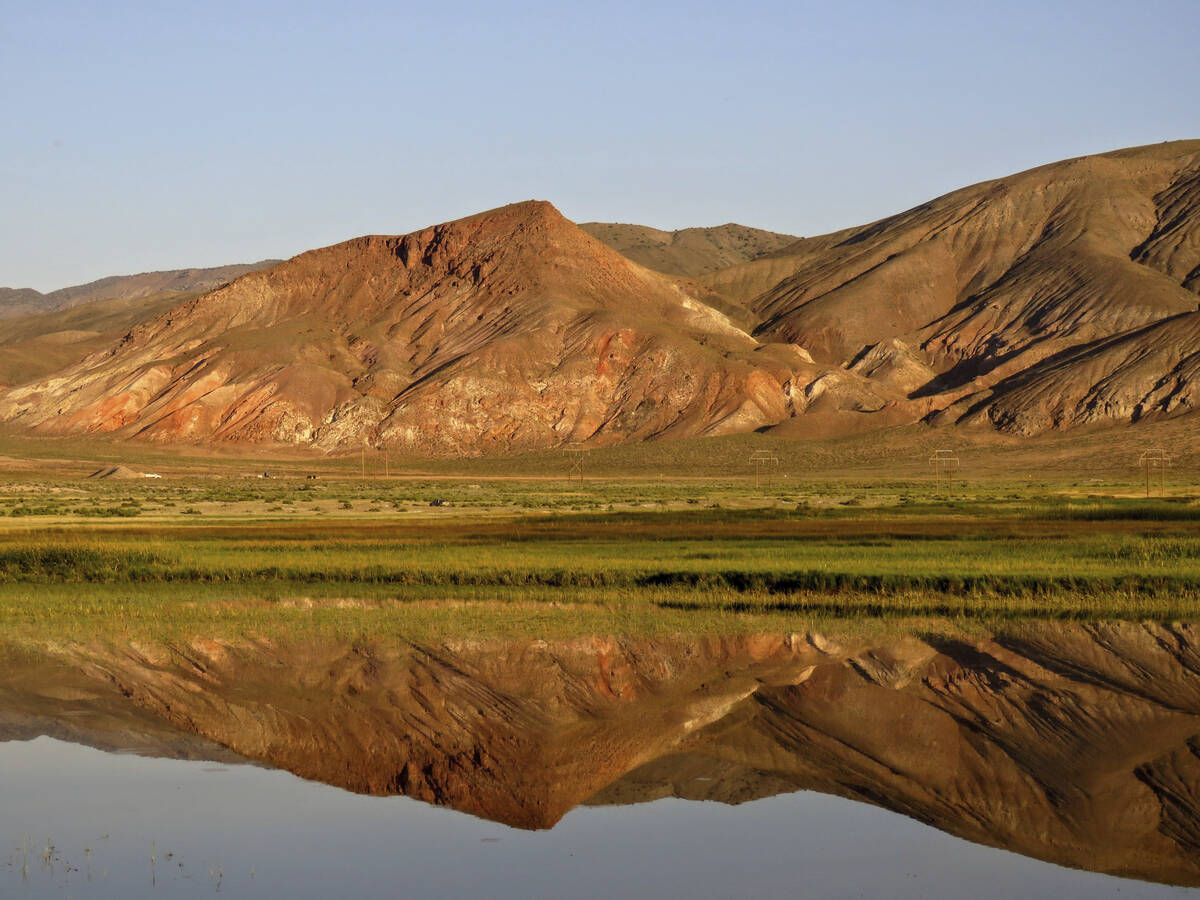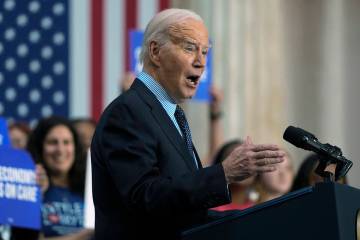EDITORIAL: Once again, greens sue to stop green energy development
A lawsuit filed last month in a Reno federal court highlights yet again how environment groups often represent the biggest obstacles to the green energy future they profess to support.
In December, the Center for Biological Diversity — along with the Fallon Paiute-Shoshone Tribe — challenged the Biden administration’s approval of a geothermal project in central Nevada’s remote Dixie Meadows, about 50 miles northwest of Austin. Ormat Technology seeks to build two plants that would harness the area’s natural springs and create a green energy source that could help the state reach its renewable goals.
Paul Thomsen, Ormat vice president, told The Associated Press that the company has invested $68 million over a decade to overcome bureaucratic permitting hurdles that normally take two years. The company can now expect more delays. The Center for Biological Diversity, an activist group that has evolved into perhaps the country’s most aggressive green lawsuit machine, argues that the project would turn a “pristine and unique location of ecological value and spiritual significance” into an industrial site while endangering a rare toad.
“We strongly support renewable energy when it’s in the right place,” Patrick Donnelly, the center’s Nevada state director, told the AP, “but a project like this that threatens sacred sites and endangered species is definitely the wrong place.”
This is the same rhetoric Mr. Donnelly used to justify the center’s effort to block a lithium mine near Rhyolite Ridge, about 225 southeast of Reno, on the grounds that it would endanger a rare plant species. Lithium is essential for the batteries necessary to transition away from the internal-combustion engine, which we have been told is necessary to combat the “existential threat” of global warming.
Mr. Donnelly and the center have also opposed plans to construct the infrastructure necessary to transport green energy across the state.
In an email on Monday, Mr. Donnelly told us that his organization supports “distributed energy generation. Rooftop and community solar, small wind systems, and geothermal heat pumps all provide opportunities to decarbonize our energy grid.” He also explained that the center favors solar siting in “previously disturbed areas,” geothermal projects in areas that “do not have surface expression of groundwater” and lithium mining that uses “direct extraction” technology.
But these caveats greatly limit Nevada’s renewable energy potential and drive up costs for companies seeking to tap such resources.
It’s increasingly apparent that, despite claiming to embrace green energy, many environmental activists favor a future of severely limited development for both renewables and fossil fuels — along with the punishing poverty such policies would bring. As the saying goes, actions speak louder than words.




























